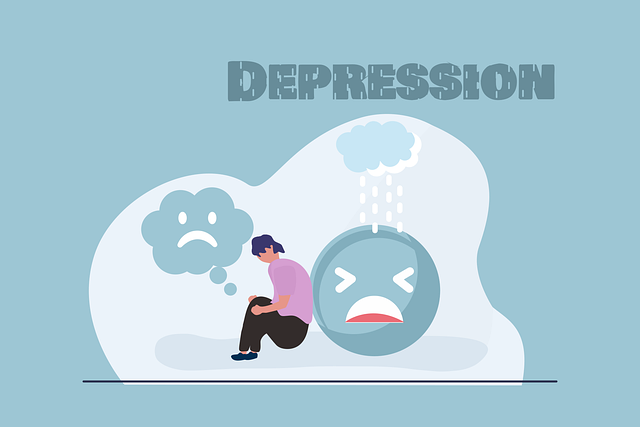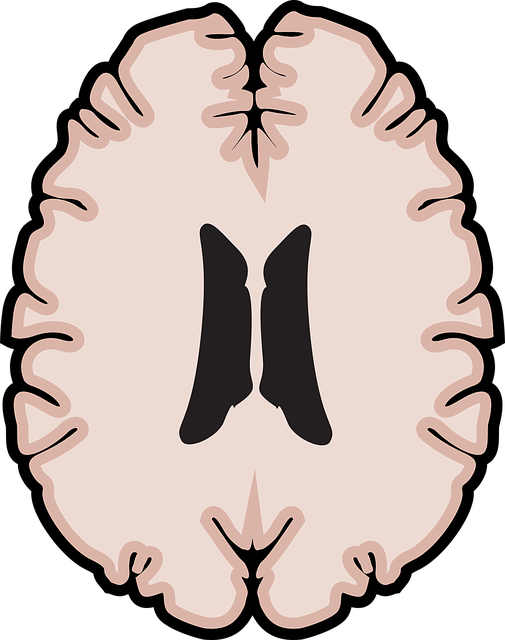Colorado Springs German Speaking Therapy focuses on comprehensive risk assessment and harm minimization for safe, effective therapy. By analyzing potential risks and client needs, therapists design personalized interventions to enhance self-esteem, reduce mental illness stigma, and promote holistic healing. Evidence-based practices, including positive thinking, mindfulness, and stress management, empower clients with tools to navigate challenges and make informed decisions, fostering emotional well-being and a supportive therapeutic environment.
In Colorado Springs, German-speaking therapy practices are not just about providing language services; they are about ensuring safe and therapeutic environments. This article delves into the dual pillars of risk assessment and harm minimization planning, offering a comprehensive guide for therapists in the vibrant city. We explore how understanding risk assessment forms the foundation for adopting effective strategies, ultimately enhancing client safety in German-speaking therapy settings across Colorado Springs.
- Understanding Risk Assessment: A Foundation for Safe Therapy Practices in Colorado Springs German Speaking Therapy
- Harm Minimization Planning: Strategies and Techniques for Effective Implementation
- Practical Steps for Integrating Risk Assessment and Harm Minimization in Therapeutic Settings
Understanding Risk Assessment: A Foundation for Safe Therapy Practices in Colorado Springs German Speaking Therapy

In the context of Colorado Springs German Speaking Therapy, risk assessment serves as a cornerstone for establishing safe and effective therapeutic practices. It involves meticulously evaluating potential hazards and their likelihood within the therapy setting, focusing on both client and practitioner well-being. By understanding the unique challenges faced by individuals seeking therapy, therapists can tailor interventions to foster self-esteem improvement and mental illness stigma reduction efforts, while also integrating self-care practices into their approach.
This proactive process ensures that Colorado Springs German Speaking Therapy goes beyond treating symptoms to promote holistic healing. Through comprehensive risk assessment, therapists can anticipate and mitigate potential harm, creating a secure environment conducive to growth. By prioritizing these safety measures, therapists empower clients to embark on their journey towards improved mental health with confidence, knowing they are supported every step of the way.
Harm Minimization Planning: Strategies and Techniques for Effective Implementation

Harm Minimization Planning involves strategic interventions designed to prevent and reduce potential harm within various contexts, including mental health settings. At Colorado Springs German Speaking Therapy, we recognize that empowering individuals with coping skills development is a powerful tool in mitigating risks. By integrating positive thinking techniques into therapy sessions, our experts foster an environment of resilience and emotional well-being. This approach not only enhances clients’ ability to navigate challenging situations but also contributes to their overall mental health education programs design.
Effective implementation requires a multifaceted strategy. Our therapists employ evidence-based practices tailored to individual needs, focusing on building adaptive coping mechanisms. Through structured sessions, we teach mindfulness techniques, stress management strategies, and problem-solving skills, equipping individuals with the tools to navigate life’s obstacles. By combining these techniques with ongoing mental health education, clients gain a comprehensive understanding of their emotional well-being, enabling them to make informed decisions and minimize potential harm in their daily lives.
Practical Steps for Integrating Risk Assessment and Harm Minimization in Therapeutic Settings

Integrating risk assessment and harm minimization in therapeutic settings is a multifaceted process that requires careful planning and execution. Therapeutic facilities, including Colorado Springs German Speaking Therapy centers, should start by conducting thorough risk assessments tailored to their specific client base and treatment methodologies. This involves identifying potential hazards, both physical and emotional, within the therapy environment. For instance, certain therapeutic techniques might evoke traumatic memories in vulnerable individuals, necessitating additional support measures.
Once risks are identified, these settings can implement targeted harm minimization strategies. Public Awareness Campaigns Development can play a crucial role in educating clients and their families about available resources. By promoting Mind Over Matter Principles, therapists can empower individuals to actively manage their mood and emotions. Additionally, establishing clear crisis intervention plans ensures that staff are equipped to handle emergences effectively, fostering a safe and supportive atmosphere for all participants.
In the context of Colorado Springs German Speaking Therapy, integrating risk assessment and harm minimization planning is paramount for ensuring safe and effective therapeutic practices. By understanding the foundational principles outlined in this article, therapists can proactively identify potential risks and implement strategies to mitigate harm. Through practical steps and strategic techniques discussed here, therapeutic settings can create a more secure environment, fostering positive outcomes for clients while adhering to best practices in Colorado Springs’ diverse therapy landscape.














